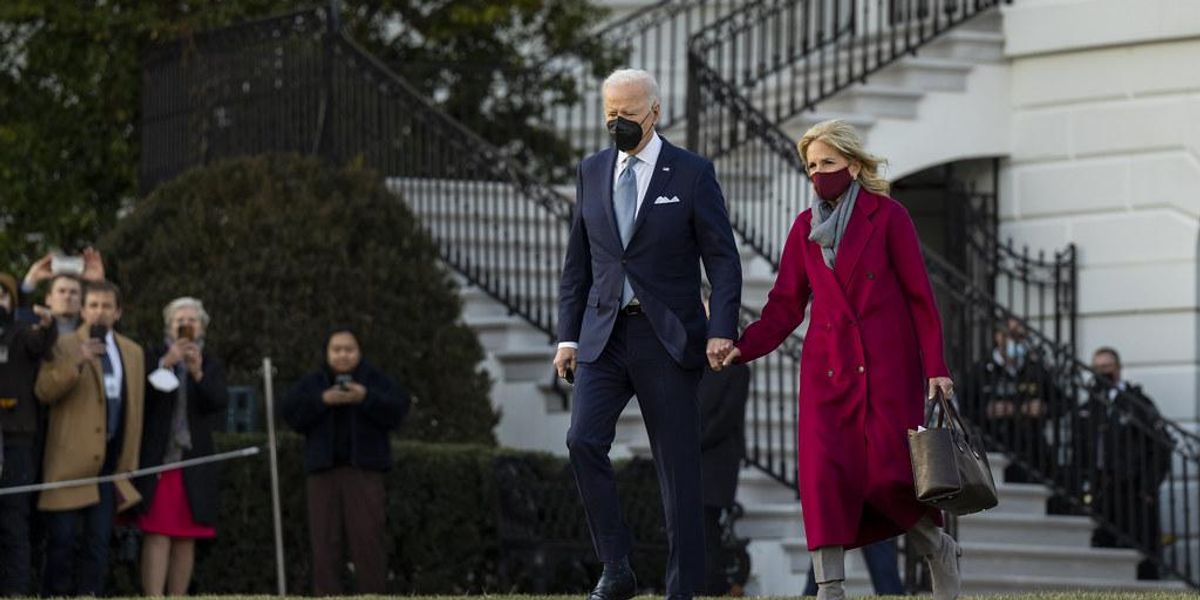
Washington’s bottomless supply of pundits is always ready to state the obvious: Democrats fear they’re walking into a midterm election slaughter.
In modern times, the party that holds the White House almost always takes a drubbing as one-third of U.S. Senate seats and the entire House of Representatives is up for grabs. The smart money, if there is such a thing in Washington, sees Republicans recapturing both houses later this year, and making a serious play for the White House in two years.
This, in part, explains why the current administration’s pro-environment rhetoric is run off the road by its pro-petroleum actions.
Winter blends
This week, President Biden traveled to the heart of corn country, Iowa, to announce the suspension of a 1989 Environmental Protection Agency regulation seasonally limiting the amount of ethanol in gasoline.
The corn-based fuel acts as gasoline’s Hamburger Helper, extending its use. But it also creates more smog—ground level ozone pollution that impacts asthma and other respiratory woes. Smog is a warm-weather phenomenon, so the EPA limited the summertime use of ethanol additives. “Summer blend” gasoline can add as much as 15 cents per gallon to gas prices. Selling “winter blend” gas is a windfall for corn growers, but ignores environmental and health concerns.
Pain at the pump
State governments are using the Ukraine crisis to drop at-the-pump prices by another dime or so. More than 20 states have suspended their collections of state gasoline taxes for the next several months. For many of these states, the date for reinstating those taxes will arrive shortly before Election Day.
And last week, Biden took the unprecedented step of releasing more than a million barrels of oil per day for at least several months from the U.S. Strategic Petroleum Reserve. This may sound like an Oprah-ish everybody-gets-a-car tactic but analysts warn it will have little impact on prices at the pump.
Environmental electoral politics
Even if Biden’s moves are cosmetic and electorally motivated, they can’t match the cold-blooded condescension of George W. Bush’s eight years. Vice President Dick Cheney headed Bush’s Energy Task Force. Cheney was roundly criticized for huddling with fossil fuel interests and shutting out environmentalists. A few months into the Bush-Cheney leadership, Cheney shrugged off energy conservation efforts, saying “conservation may be a sign of personal virtue, but it is not a sufficient basis for a sound, comprehensive energy policy.”
Instead, Cheney’s task force created mechanisms for oil and gas interests to hide many of the pollution and climate change risks of fracking, a drilling technique for both oil and natural gas that enjoyed a boom in subsequent years.
On the Democrats’ side, green lobbyists say they were stiffed by both the Clinton and Obama administrations during their respective first terms. The Clinton-Gore Administration held off on most environmental moves, then took a beating from Newt Gingrich’s anti-regulatory “Contract With America” in the 1994 midterms.
In 2009, Obama’s staff told environmental reps that the White House would shelve any major environmental initiatives until the sagging U.S. economy was fixed. The 2010 midterms handed the House back to an increasingly hostile GOP.
So Biden faces the strong possibility that his agenda will be hogtied after his first two years. Just at a time when a desperate world looks to America for climate leadership.
Peter Dykstra is our weekend editor and columnist and can be reached at pdykstra@ehn.org or @pdykstra.
His views do not necessarily represent those of Environmental Health News, The Daily Climate, or publisher Environmental Health Sciences.
Banner photo: The White House

